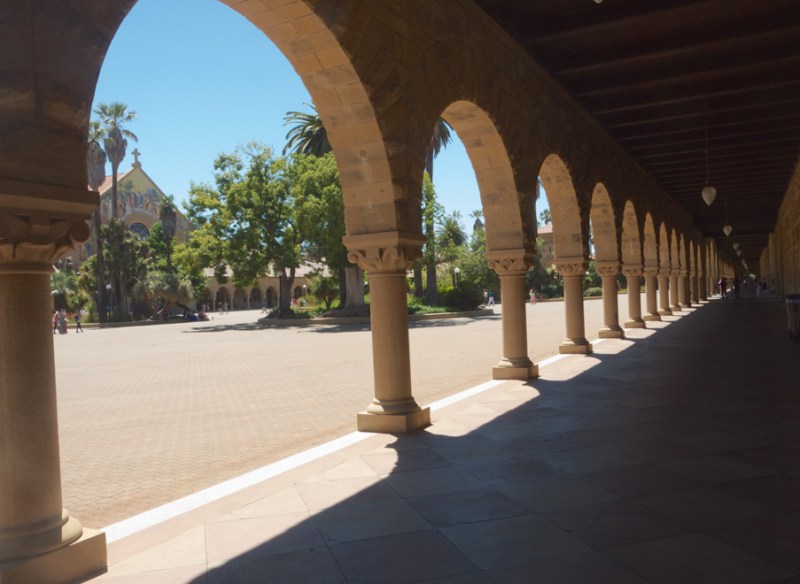The professor of my history class this quarter made an interesting observation in one of our first classes. Everybody had arrived, numbering around eight or nine people, and before starting his lecture he mentioned how a class on the history of Europe back when he was an undergraduate would have been completely packed.
While at first appearing to just be an off-hand comment about the size of the class, the professor used it to observe that there seemed to be a dwindling number of undergraduate students who are interested in studying Europe, both historically and contemporarily. His observation initially didn’t strike me as odd at all; there seems to be some sort of disclaimer about how there are less and less students who are interested in studying history, and then there is the omnipresent issue of the dwindling number of students studying the humanities in general. But, putting aside the existential crisis about the humanities for a little, I am interested in exploring why Europe in particular might be fading from the limelight of historical studies in the United States.
One factor that I believe contributes to this is the belief that Europe is slowly falling off the pedestal it has been sitting on for several decades. For a region once considered exotic, new and uncharted by a large number of Americans, and by extension students, studying the continent no longer contains the allure that it did in the past, and thus attracts less and less attention from students. While students would take classes about European history to learn about European cities, the history that they contain and dream about what cities like Paris, Madrid and Berlin were like, it is now more likely for someone to have traveled to them on a family vacation or through study abroad and had that experience first-hand. After all, why take a class on the history of Europe when you can just go to the cities and look at them yourself?
Just writing that sentence makes me want to qualify it by saying it is an extreme oversimplification, but I really do think the point has serious merit nowadays. Traveling to Europe has never been easier, and with relatively cheap airfare and the plethora of study abroad and summer programs Stanford offers, the prospect of traveling around foreign cities is, for most people, much more exciting than sitting in a classroom and learning about their political situation or historical significance. I believe this trend toward substituting the “real thing” for a purely academic education about Europe is a large contributor to the decline in students interested in taking classes on European politics or history — but I think the reasoning behind why this trend might be occurring in the first place is more telling.
This reasoning, distilled into a single word, is majors. If you aren’t studying history or international relations, what are the odds that you will carve time out of your extremely busy schedule to take a class about medieval European history? The answer is probably, very slim. That said, what seems to be a big contributor to a lowered interest in taking studying or taking classes about Europe is not just the fact that it’s easy and more fun to study in Europe, but also that many students just don’t have the time to go out of their way and take a class about Europe for fun. Or, if they do have the space to explore, they’re simply choosing other classes to take.
This brings me full circle back to my main point: Europe may just not be as interesting as a subject to study as it was in the past, especially with the mind-boggling variety of classes that Stanford offers, even within the history department. Classes on the history of Africa, Asia and Latin America are increasingly popular, and the ever-growing number of classes on American history always seem to draw a solid number of students. What this means is that, while Europe may remain the number-one study abroad destination for students, their interest is shifting from wanting to learn about its history and politics to a more general interest in the experience of Europe.
So what seems to be occurring is a trade of sorts. Europe loses interest as a continent to study, but remains an extremely popular tourist destination where students can explore new cities, experience new cultures, and, if they feel like it, learn about Europe for the brief time they’re there.
Contact Alex Durham at ahdurham ‘at’ stanford.edu.
